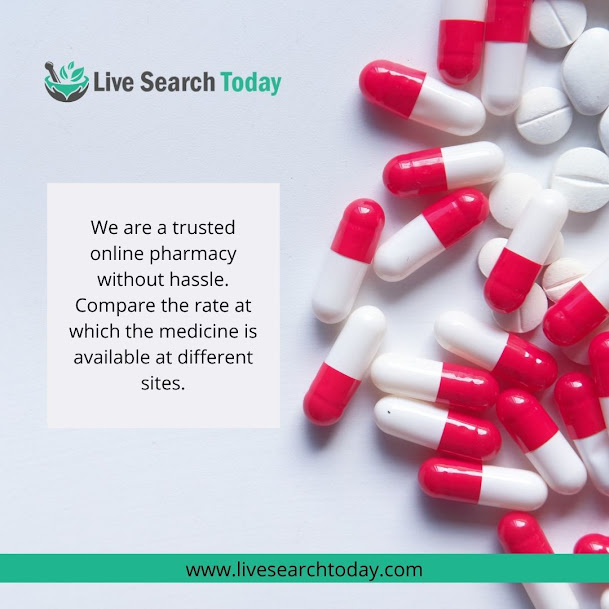What Should You Know About Colcrys?
·
Seek urgent medical
help if you have allergic reactions due to the use of colcrys. Allergic reaction
signs may include trouble breathing, hives, swelling of your face, throat,
lips, or tongue.
·
Common side effects
of colcrys may include nausea; stomach pain, vomiting; diarrhea; loss of
appetite; or hair loss or thinning of hair.
·
Take colcrys precisely as per the doctor's prescription. Read carefully and follow
all the directions on the medication guides and prescription labels. Never take
this medicine in larger or smaller amounts or for longer than prescribed. You
can take colcrys with or without food.
·
Improper use of this
medicine without a doctor's advice can result in severe side effects, or death
could occur. Your dosage will depend upon the reason you are taking this
medication. Colchicine doses for familial Mediterranean fever and gout are
different.
·
In treating a gout
attack, take colcrys at the sign of the first attack for best results. To longer you wait
to start taking colcrys, the less effective it may get. There are chances that
you need to take a second dose of this medicine one hour after the first dose
if you still suffer from gout pain. Follow your doctor's directions regarding
this case.
·
Never stop taking Colcrys without your doctor's consultation, even if you feel
fine.
Caution: It is still, a question of whether this medication will harm an unborn baby or not. Tell the doctor about your pregnancy or your plan to conceive. Colchicine may harm a nursing baby by passing into breast milk. Tell the doctor if you are breastfeeding while taking this medicine.



Comments
Post a Comment